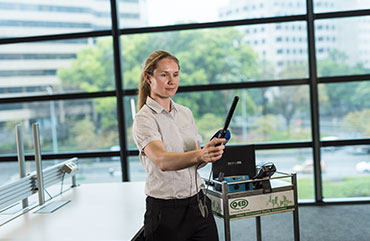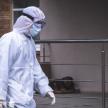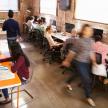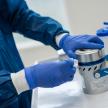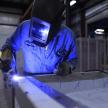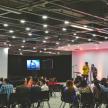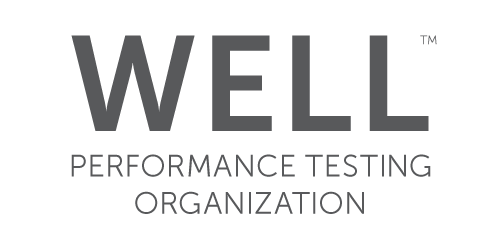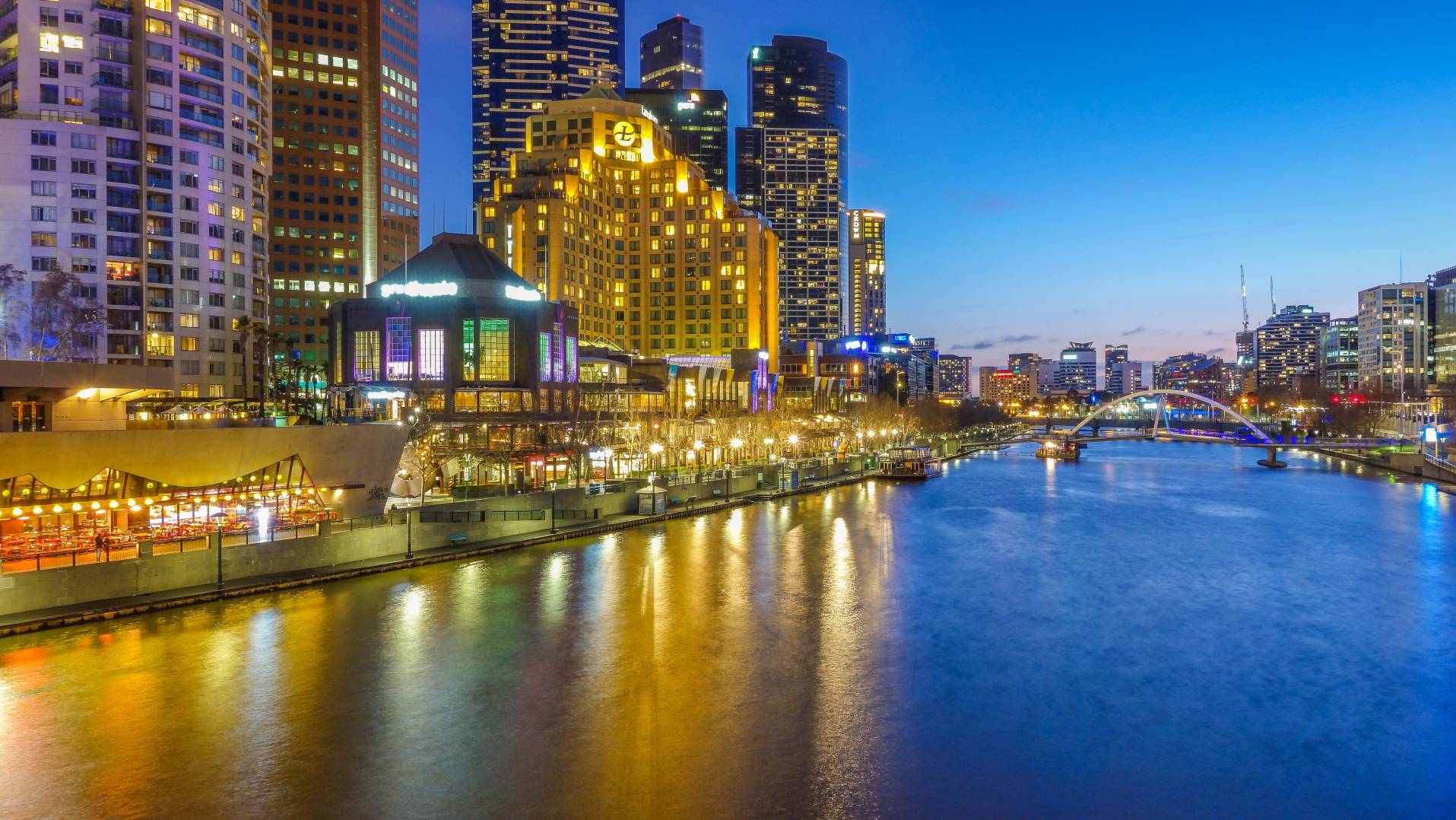
08th
Re-Occupation: How to ensure a smooth return for tenants
About a week ago the queries coming from our FM customers pivoted toward preparing for tenants to re-occupy their buildings. Every situation will be different, we’ve heard some large organisations are planning a staged approach and don’t expect to fully re-occupy for another 1-2 months. So here’s a checklist of the activities you may need to cover.
1. HVAC
All HVAC systems should be checked to ensure they operating correctly as per AS1668 and AS3666, looking at outside air supply and dampers, filters, coils, ductwork, and also IAQ sensors that may be installed in the building. If certain floors have been locked-off and a/c turned off for weeks, you’ll want to flush those ducts either overnight or for a working day before tenants occupy. In office buildings, we haven’t recommend switching to special filters (see our post here) but you should have already checked the filter changes are up to date and the air handlers are clean and dry. Providing adequate outside air is essential when increasing occupancy, and providing more outside air than usual is even better as it will reduce indoor pollutants, as well as increase Tenant productivity which is critical in these times. If you’ve changed temperature set points or chiller start times it may be time to set them back to normal.
2. Cleaning
You’ve likely already got this under control by now, with more frequent cleaning of surfaces that are touched regularly. Cleaning with detergent is the ticket. Disinfection is generally not required, unless someone with a confirmed case of COVID-19 has occupied an area. It is not recommended to fog any areas with disinfectants. If tenants are seeking further reassurance, we can provide quick verifications i.e. audits of the cleaners either in a tenancy or in the base building. See this Whitepaper for more information on cleaning to stop the spread.
3. Legionella
Water left stagnant in unused fittings can be a breeding ground for legionella. Conduct a flushing program with hot water, over 60°C – shower heads and tap aerators are higher risk. Don’t forget end-of-trip facilities and fountains, oh and staff should wear a minimum P2 face mask during this work (after all Legionnaires’ disease is more deadly than COVID-19). We would recommend independent NATA accredited water sampling for your facility too, to ensure that tenants are not at risk. Cooling towers should have been left running but if not, you must ensure that a proper safe water treatment and restart is performed with input from the water treatment provider and mechanical services. It is a good time to have them inspected.
4. Essential Safety
We assume you’ve kept up inspections of all essential safety services and training of your fire wardens, say no more.
5. Pedestrian Traffic
Re-assess arrangements in your lobby and lifts you’ve had operating for the last month. They’ll need to adjust for many more people, and possibly more wet weather. We can help out with slip resistance testing if slips and trips are a concern.
6. Tenant Engagement
Tenants may be considering a re-stack of their departments to facilitate distancing in the office or start teams swinging certain days at home. Are you able to share occupant arrival departure times to lighten peak loads in the elevators? Communicate all your initiatives with your Tenants. Make the invisible – visible. Much of the hard work you’ve done through the COVID19 pandemic may not be seen or appreciated by your Tenants. Remind them!
7. Soap / Hand Sanitiser
If you are supplying hand sanitiser, make sure it has alcohol (ethanol or isopropyl) in it at a high concentration. Alcohol free hand sanitiser just doesn’t work as well - or doesn’t work at all - and will give a false sense of security. If you can’t get it, be honest, and ask people to use soap and water. Soap is more effective than sanitiser anyway!
8. Review and Planning
Everyone has dealt with amazing events during the last few weeks, and overcome challenges no one in this lifetime has seen before. Unfortunately, this is unlikely to be the last we see of this. Take some time now, while you remember, to look back on what you achieved, what you did well and if anything could have been done better. Talk to your staff about how they felt. Then, if a second wave does happen, you can enter it with the confidence that having a solid plan of action brings.
9. Coffee
As soon as its permitted by ScoMo, get that coffee-bar-tenant operating again in the lobby, then everyone will be happy to keep calm and carry on.
Categories
Recent Posts
Changes to the workplace exposure standard for welding fumes
15th Mar
On January 18, 2024, SafeWork Australia made a significant adjustment to the Workplace Exposure Standard (WES) for Welding Fume (not otherwi...
Pseudomonas aeruginosa and the Water Quality Management Plan - it's not just about Legionella.
23rd Feb
Pseudomonas aeruginosa could be responsible for a high burden of disease, and should always be included in a risk management plan....
Navigating the New Norm: Prioritising Indoor Air Quality for Events and Venues
06th Feb
Throughout 2023 there was a surge in venue managers looking to help clients feel at ease in regards to indoor air quality....



